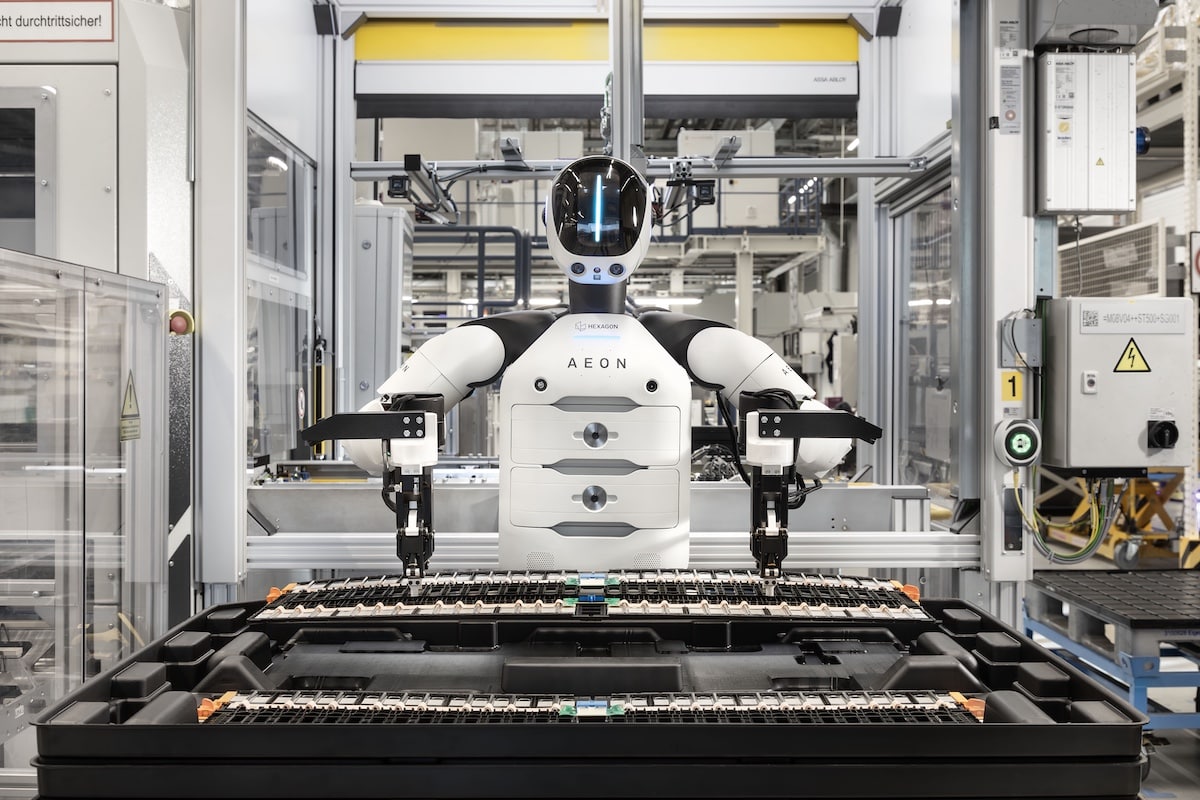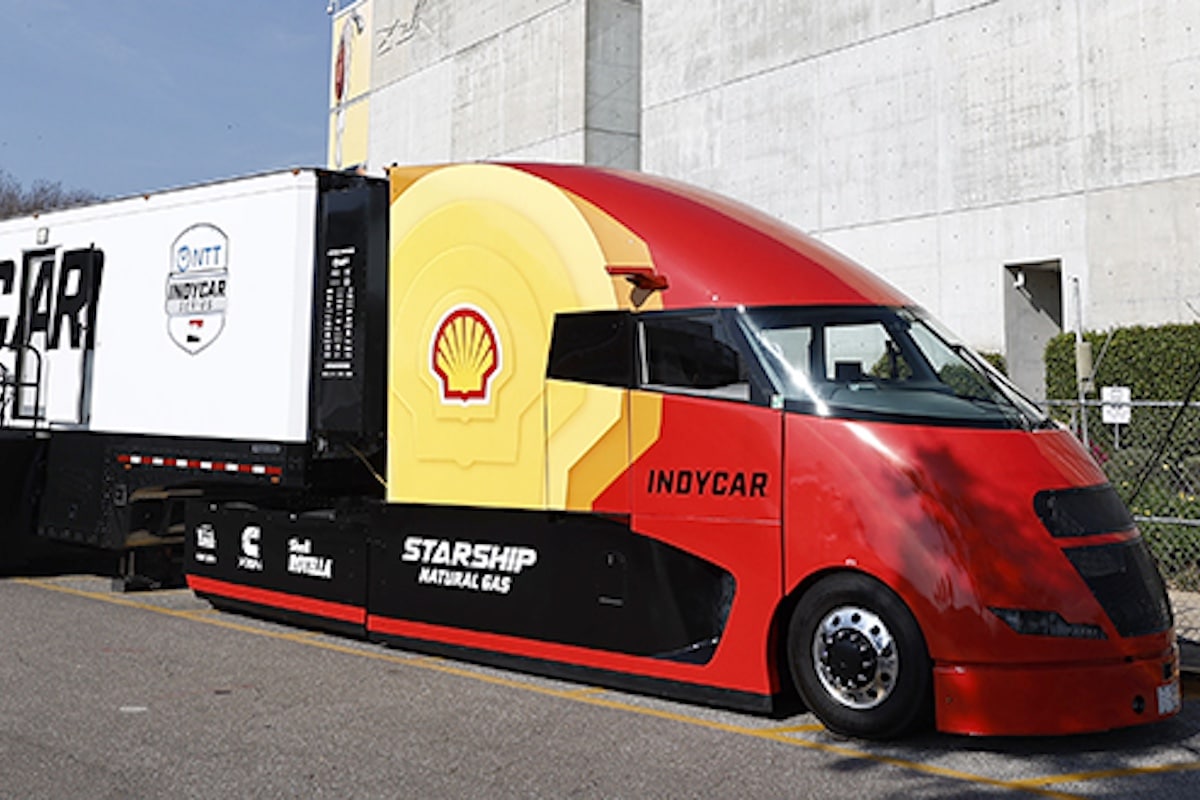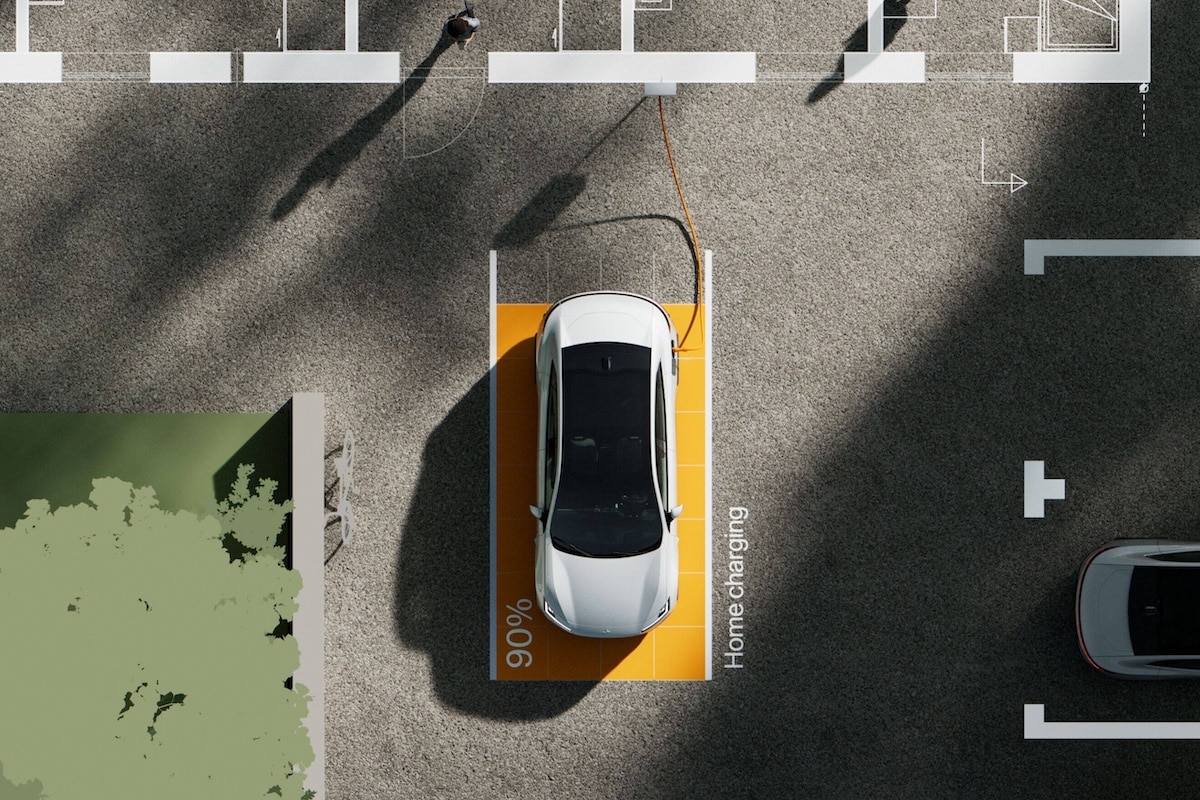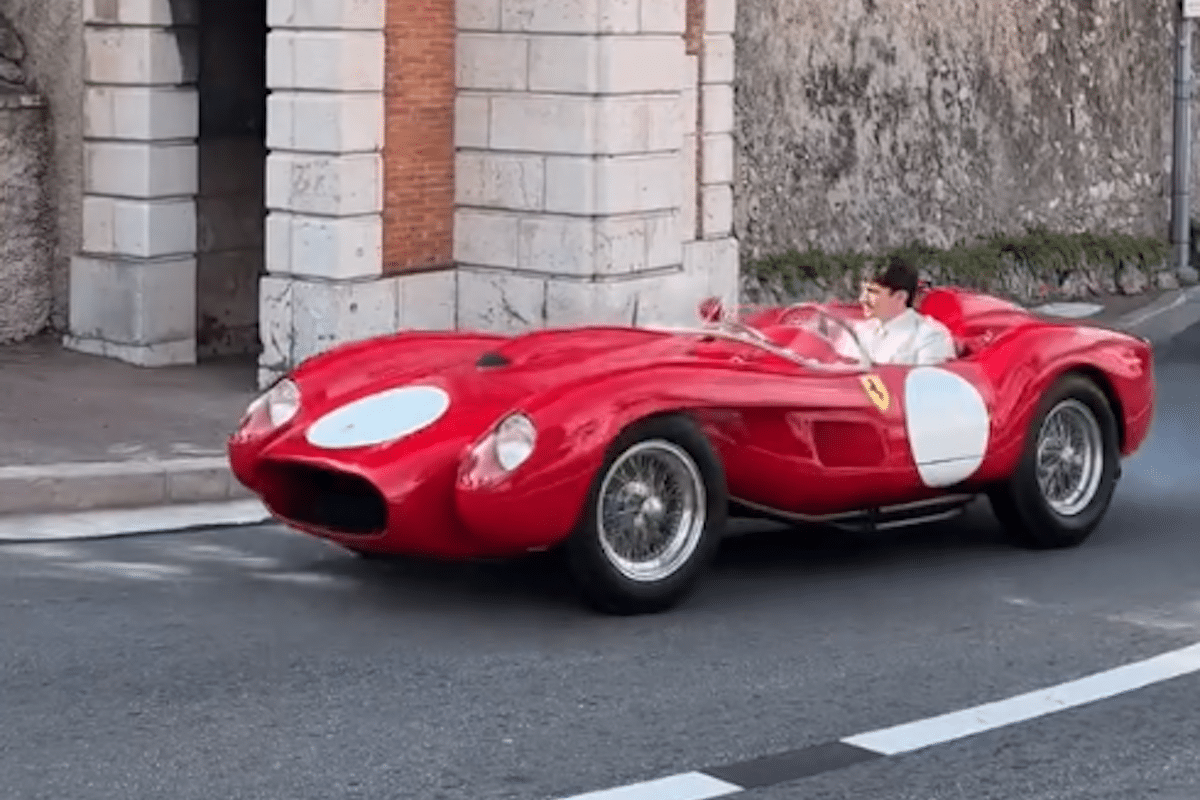EuroSuit: Decathlon Prepares for Its First Mission in Space
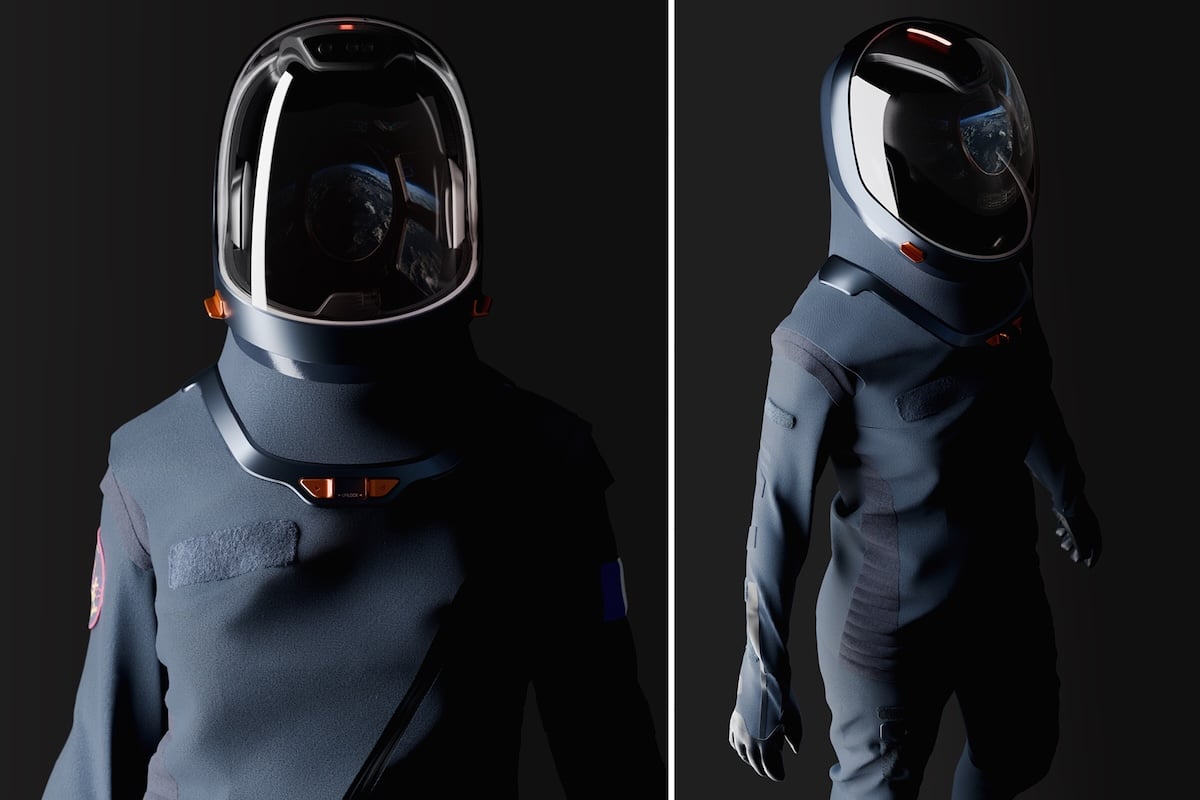
CNES, Spartan Space, MEDES, and Decathlon join forces to envision the space suit of tomorrow, EuroSuit.
In the collective imagination, Decathlon embodies accessible sports, ingenious innovations, and the bustling aisles where novice campers, weekend joggers, and seasoned adventurers meet. But in 2026, a new type of user will join this mosaic of athletes: an astronaut. And not just any astronaut. On board the International Space Station, French astronaut Sophie Adenot will be the first to test an element designed by Decathlon for space. A historic first for the brand, which has become one of the most unexpected symbols of European space conquest.
You might be interestedin this article:
This experimentation is part of the EuroSuit project, a future intra-vehicular space suit designed for critical phases of a mission: launch and atmospheric re-entry. The goal: to offer astronauts enhanced protection, increased comfort, and above all, unprecedented speed of donning. The prototype that Sophie Adenot will handle can be put on or taken off in less than two minutes, without assistance. A crucial technological achievement in case of emergency, where responsiveness becomes a matter of survival.

Decathlon’s involvement in this adventure is thanks to an improbable yet coherent alliance. The CNES, project coordinator, ensures its integration into European ambitions and the regulatory roadmap. Spartan Space, a young company specializing in extreme environments, pilots the system architecture and life support. MEDES, a space medicine institute, develops an onboard physiological monitoring device capable of transmitting vital data in real-time. And finally, Decathlon, through its Advanced Innovation division, designs the textile and ergonomic solutions that will make EuroSuit unique.
Unprecedented Freedom of Movement
The French brand brings valuable expertise: mastery of lightweight, protective, durable materials designed to accompany movement rather than constrain it. Skills derived from extreme sports, from trail running to diving, that find a new resonance in weightlessness. The prototype integrates several notable innovations: a lattice structure allowing for helmet molding that perfectly fits the morphology of each astronaut, articulated gussets at mobility zones (shoulders, elbows, knees), waterproof zippers with ergonomic pulls for easy handling while gloved, and a length adjustment system designed to compensate for spinal elongation in microgravity.
For Sophie Adenot, the Epsilon mission will be an opportunity to validate these innovations under real conditions. She will have to don the suit, handle precision objects, interact with a tactical tablet, and remove the prototype, all in microgravity. The goal is not yet to test the final version but to confirm ergonomic choices before designing a complete model that integrates atmospheric sealing, fire resistance, integrated communication, and heads-up display.
The EuroSuit adventure did not arise by chance. Launched in late 2023, the project first gathered a multidisciplinary team in 2024, experienced in tackling space challenges. The year 2025 marks the start of the realization phase, followed by a testing campaign in orbit and on the ground between 2026 and 2027. An ambitious pace, reflecting the European desire to gain more autonomy in human spaceflight. A door to the stars that we hope will eventually be found on store shelves.
ALSO READ: With the Monowheel, Decathlon presents the cargo bike of the future
This page is translated from the original post "EuroSuit : Decathlon prépare sa première mission dans l’espace" in French.
We also suggestthese articles:
Also read

